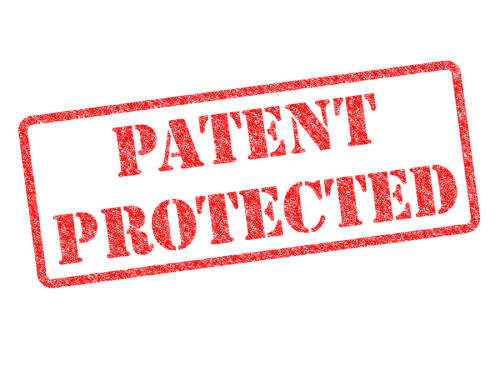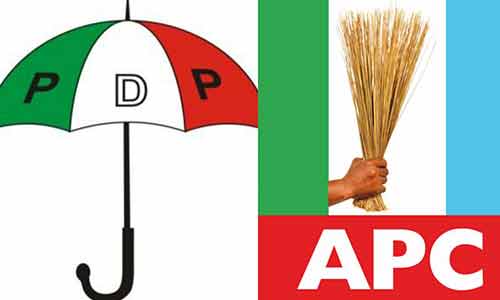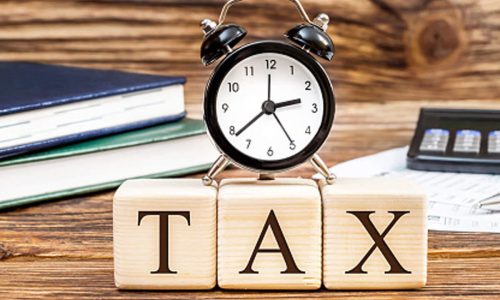KNOW THE LAW 27/07/2022
Registration Of Patent In Nigeria

WHAT IS A PATENT?
A patent is a government authority or licence conferring an exclusive right or title for a set period, especially the sole right to exclude others from making, using, or selling an invention in the country it is obtained without permission or consent during the lifespan of the patent.
CRITERIA FOR THE REGISTRATION OF PATENT IN NIGERIA
The Patent and Design Act (the “Act”) provides the criteria for registering a patent in Nigeria as follows:
- Novel InventionThe invention must be new and have an inventive step that is not obvious to someone with knowledge and experience in the subject. The invention must also have never been known, used or made public.An invention is also patentable if it constitutes an improvement upon a patented invention.
An inventor is usually advised to keep his/her invention secret until the invention has been registered else such inventor plays with the risk of invalidating his own patent by prior publication.
- Capable of Industrial ApplicationThe invention must be capable of being made or used in some kind of industry. Industry in this context is in its broadest form and it means “Anything distinct from being purely intellectual”.This suggests that the invention goes beyond just an idea, a scientific theory, an aesthetic creation, a computer program but must take the practical form of an apparatus, product or a device.
- Public Policy and MoralityThe invention must not be against public policy or morality as this constitutes a ground on which an application may be rejected by the Patents Registry (the “Registry”).
- One Invention per RegistrationThe application to be made to the Registry must relate to only one invention but may include or have in connection with that invention, claims for a number of products or for a number of manufacturing processes or applications of those products.
- Full DescriptionIn addition to the provisions of Section 1 of the Act, the Registry prescribes that the application must clearly and fully disclose the details of the invention, the processes involved and all that it entails.
Procedure for the Registration of a Patent in Nigeria
When the conditions qualifying an invention for a patent as identified above have been met, an application shall be made to the Registrar of Patents and Designs (the “Registrar”) and shall contain the following:
-
- The applicant’s full name and address, and if the address is outside Nigeria, there should be an address for service within Nigeria;
- A description of the relevant invention with any appropriate plans and drawings;
- A claim or claims (for any number of products, processes or applications), however, an application shall relate to one invention only;
- The application is to be accompanied by the prescribed fees as determined by the Registry from time to time;
- Where appropriate, a declaration by the true inventor of the product supplying his name and address and requesting that he be mentioned as such in the Patent;
- Where the application is submitted by an agent, a power of attorney authorising the donee of the power of attorney to that effect.
WHO CAN REGISTER A PATENT?
Under Nigerian law, only accredited individuals or companies can register patents on behalf of the inventors. Any person interested in registering a patent will therefore need to hire the services of accredited agents for this process. The Government agency that manages the grant of patents is the Trademarks, Patents and Designs Registry, Commercial Law Department, Federal Ministry of Industry, Trade and Investment. Applications are made to the Registrar as mentioned earlier.
BENEFITS OF REGISTERING A PATENT
- A patent gives the patent holder the right to stop others from using the registered invention or to choose to permit the use by other persons of such invention under agreed terms.
- A patent also gives the patent holder the right to bring a legal action against anyone who infringes on the registered invention and to make a claim for damages.
- The Court may also in appropriate circumstances grant injunctive orders restraining the offending party from further infringement on the rights of the patent holder.
- A patent gives the patent holder the right to grant others a license to use such invention, or sell it, as with any asset. This can provide an important source of revenue for your business.
DURATION OF A PATENT IN NIGERIA
A Patent expires after 20 years from the date of the filing of the relevant patent application.
The Act also provides for the expiration of a patent where the patent holder fails to pay the prescribed annual fees after a grace of 6 (six) months following the year from which such fees are due.
GLOBAL EFFECT OF REGISTERING A PATENT IN NIGERIA
The Act provides that if a Nigerian application is made within 12 (twelve) months of the making of the earlier application in a foreign country in which Nigeria has signed a treaty or a convention, such application will be treated as having been made on the same date on which the corresponding foreign application was made.
An applicant seeking foreign priority to his application is expected to provide the following details:
- The date and the number of the earlier application;
- The country in which such application was made; and
- The name of the person who made it.
Furthermore, not more than 3 (three) months after filing the application, the applicant must furnish the Registrar with a copy of the earlier application, certified correct by the appropriate industrial property office of the foreign convention country.
It is important to seek foreign priority because where a person has applied for the protection of an invention by an application which is in accordance with a treaty, convention or other international arrangement or agreement subsisting between any two or more convention countries, such is equivalent to an application duly made in any one of those convention countries.
Also, where a person applies for the protection of an invention in accordance with the law of any convention country, such registration is equivalent to an application duly made in that convention country, he shall be deemed to have applied in each of those convention countries or in that convention country, as the case may be.
Some of the Conventions and Treaties Nigeria is a party to are as follows:
- Patent Cooperation Treaty (8th May, 2005)
- Patent Law Treaty (28th April, 2005)
- Convention Establishing the World Intellectual Property Organization (WIPO), (9th April, 1995)
- Paris Convention for the Protection of Industrial Property (2nd September, 1963)
- Budapest Treaty on the International Recognition of the Deposit of Microorganisms for the Purposes of Patent Procedure, Budapest (Adopted on 28th April, 1977, and Amended on 26th September, 1980).
- Agreement on Trade-Related Aspects of Intellectual Property Rights (1st January 1995).
A patent holder desiring to protect his invention in specific countries which are not signatories to the relevant conventions or treaties will need to make such application in the county he so desires as industrial property rights are specific to countries.
A patent holder may consider the option of applying to have his patent registered under the World International Property Organization (WIPO) which currently has over 189 member states including Nigeria.



